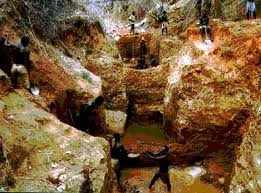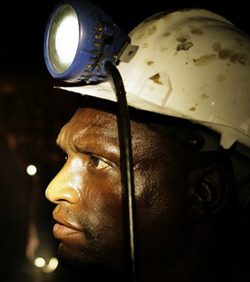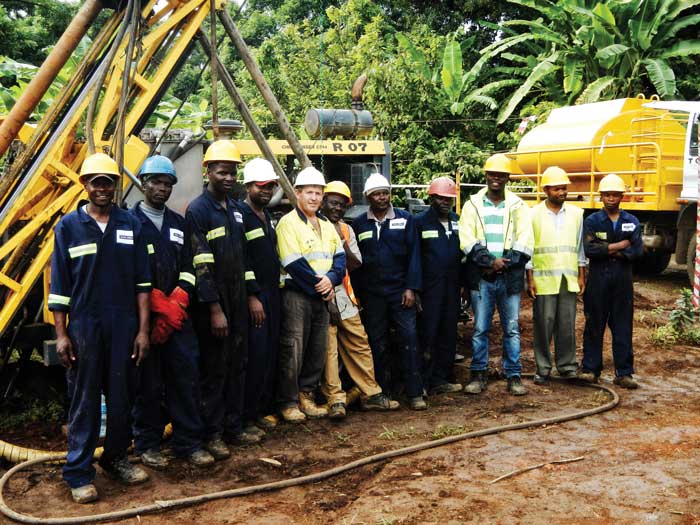Globe Metals and Mining has said the global market has plenty of room to accommodate the miner’s 3 000 tonnes of niobium output at Mzimba.

The global market is currently about 60 000 tonnes of the metal, growing at 10 percent per annum.
The Australian Stock Exchange (ASX)-listed miner chief executive officer Mark Sumich said in the Company Insight the global market can also support its A$200 million (K51.6 billion) in annual revenues and 40 percent margins—the key parameters upon which the company’s paybacks and returns are based.
According to the figures provided, China makes up between 25 and 30 percent of current consumption and more than 50 percent of the growth but provides only two percent of the production.
Two key producers are in Brazil and Canada.
Globe’s main focus is the Kanyika Niobium Project in Mzimba, which will produce ferro-niobium, a key additive in sophisticated steels.
“Niobium is one of the 10 or so important strategic metals for China, a reason why Globe has attracted a significant Chinese shareholder, and the metal is also accorded a similar high strategic priority by the US Government, the European Union and the British Geological Survey,” said Sumich.
In April 2011, the miner entered into a strategic partnership with ECE, a Chinese State-owned enterprise with extensive mining operations in China and overseas.
ECE is now the largest shareholder in Globe with a 51 percent stake, and a key partner for the company’s growth ambitions in Africa.
Globe touts itself as an African-focused resource company, specialising in rare metals such as niobium, tantalum and rare earths, as well as other commodities, including fluorite, uranium and zircon.
Sumich said as the company seeks to bring the project to production in 2015, one major commercial consideration is their customers.
“We do not produce an LME [London Metal Exchange]-traded commodity, so we have to locate our own buyers and we will be looking for one or two cornerstone steel mills probably in China to provide ferro-niobium off-take agreements,” said Sumich.
He said the company is looking forward to reach a Development Agreement with the Malawi Government.
This is a trade-off between the Government of Malawi acquiring equity in the project in exchange for fiscal concessions to the project.



